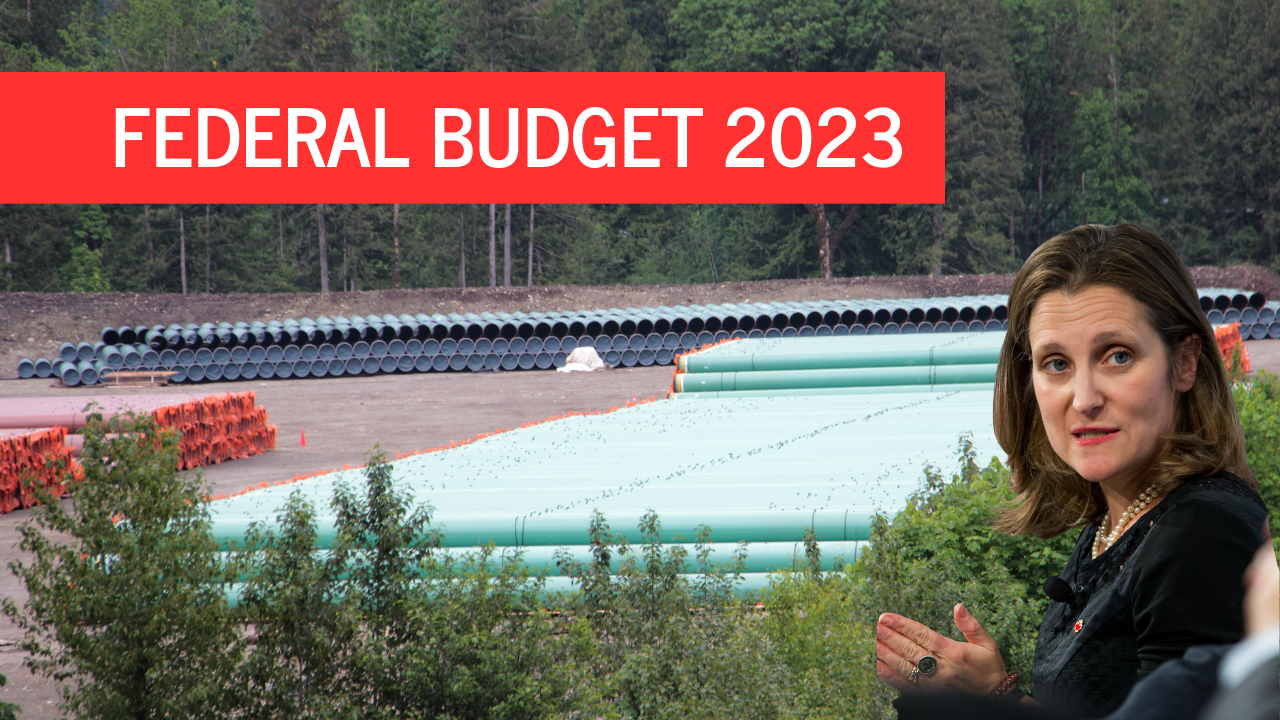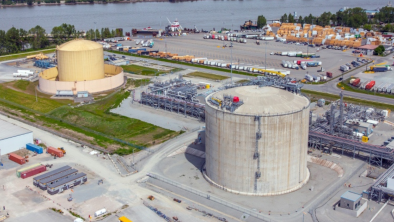Canada’s budget mixes clean tech incentives with fossil fuel subsidies
Wilderness Committee

VANCOUVER / UNCEDED xʷməθkʷəy̓əm, Sḵwx̱wú7mesh AND səlilwətaɬ TERRITORIES — While the Wilderness Committee is glad to see tax breaks for clean energy in the federal budget, it’s concerned some of the new subsidies could go to the most polluting companies in the country. Finance Minister Chrystia Freeland revealed tax credits for electricity, manufacturing, hydrogen and carbon capture today as part of the federal government’s 2023 budget but these measures may only prolong the country’s, and the world’s, reliance on fossil fuels.
“While we’re still a long way from the transformative green new deal necessary to meet national and global climate commitments, these clean investment tax credits are a worthy attempt to meet the moment,” said Climate Campaigner Peter McCartney. “What worries me is how much of these new subsidies will go to the very oil and gas companies responsible for this crisis — and only delay the urgent shift away from fossil fuels.”
Hydrogen gets the largest tax credit of up to 40 per cent for the cleanest projects. But that means fossil hydrogen projects that make emissions-free energy from emissions-intensive fracked gas could still receive the same incentives as clean electricity, which is far more practical and preferable.
“It’s pretty clear the federal government has fallen for the hydrogen hype and is willing to subsidize it to an even greater extent than actual clean energy projects like wind, solar and geothermal,” said McCartney. “We remain extremely skeptical that hydrogen can contribute much to stopping the rise in global temperatures, especially when it’s made of fracked gas.”
While welcome, direct investments in clean electricity are also far short of what’s necessary to prepare Canada’s energy grid for a future without fossil fuels. News that the Canada Infrastructure Bank will invest $20 billion in clean power and green infrastructure follows recent reports the construction costs of the federally-owned Trans Mountain pipeline expansion has risen to $30.9 billion.
“This government is still spending less on clean electricity than on building oil companies a brand new tar sands pipeline,” said McCartney. “Until they’re ready to stand up to fossil fuel lobbyists and eliminate all subsidies to big polluters, we’ll continue to move three steps forward and two steps back.”
–30–
For more information, please contact:
Peter McCartney | Climate Campaigner
778-239-1935, peter@wildernesscommittee.org


